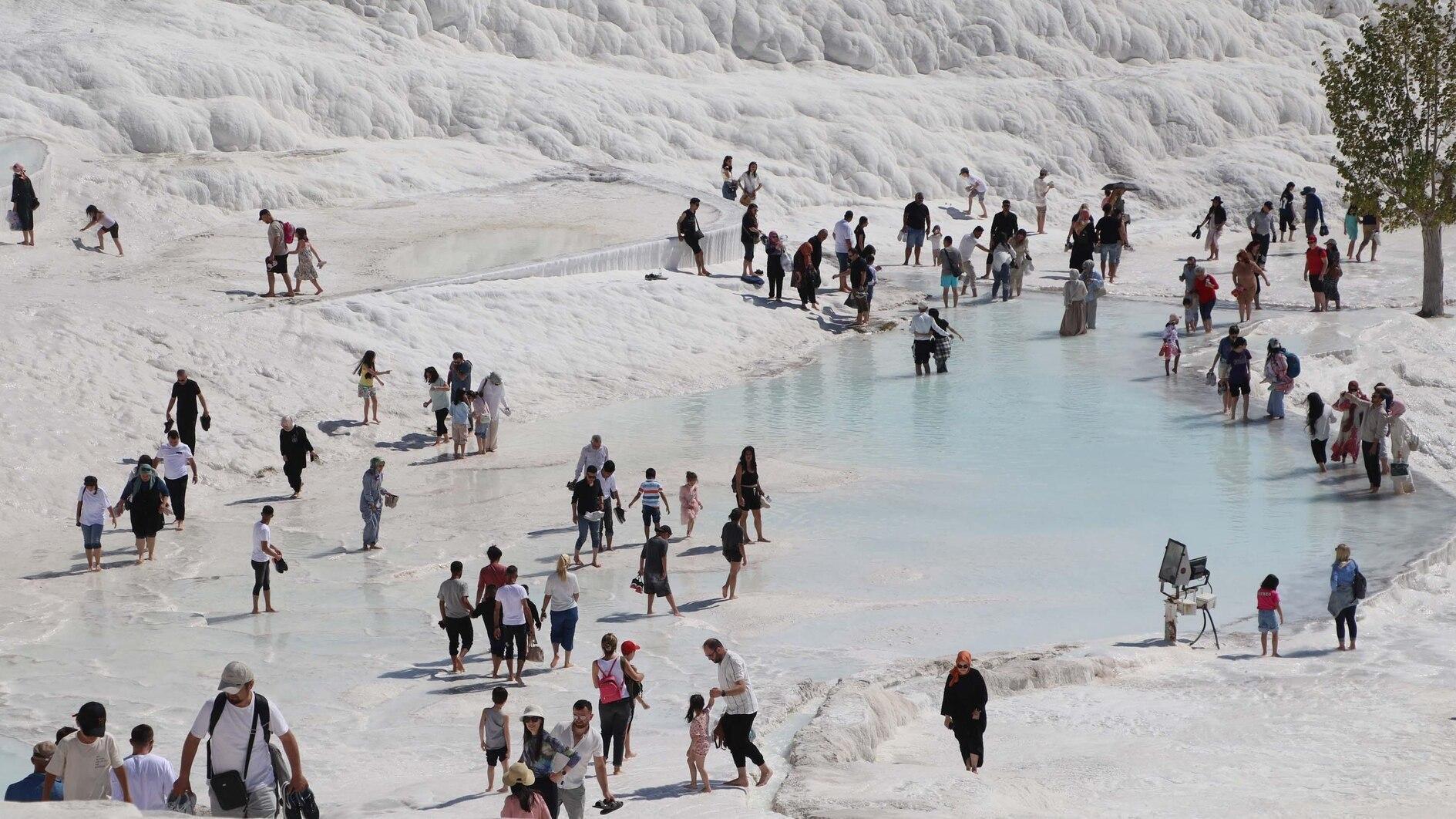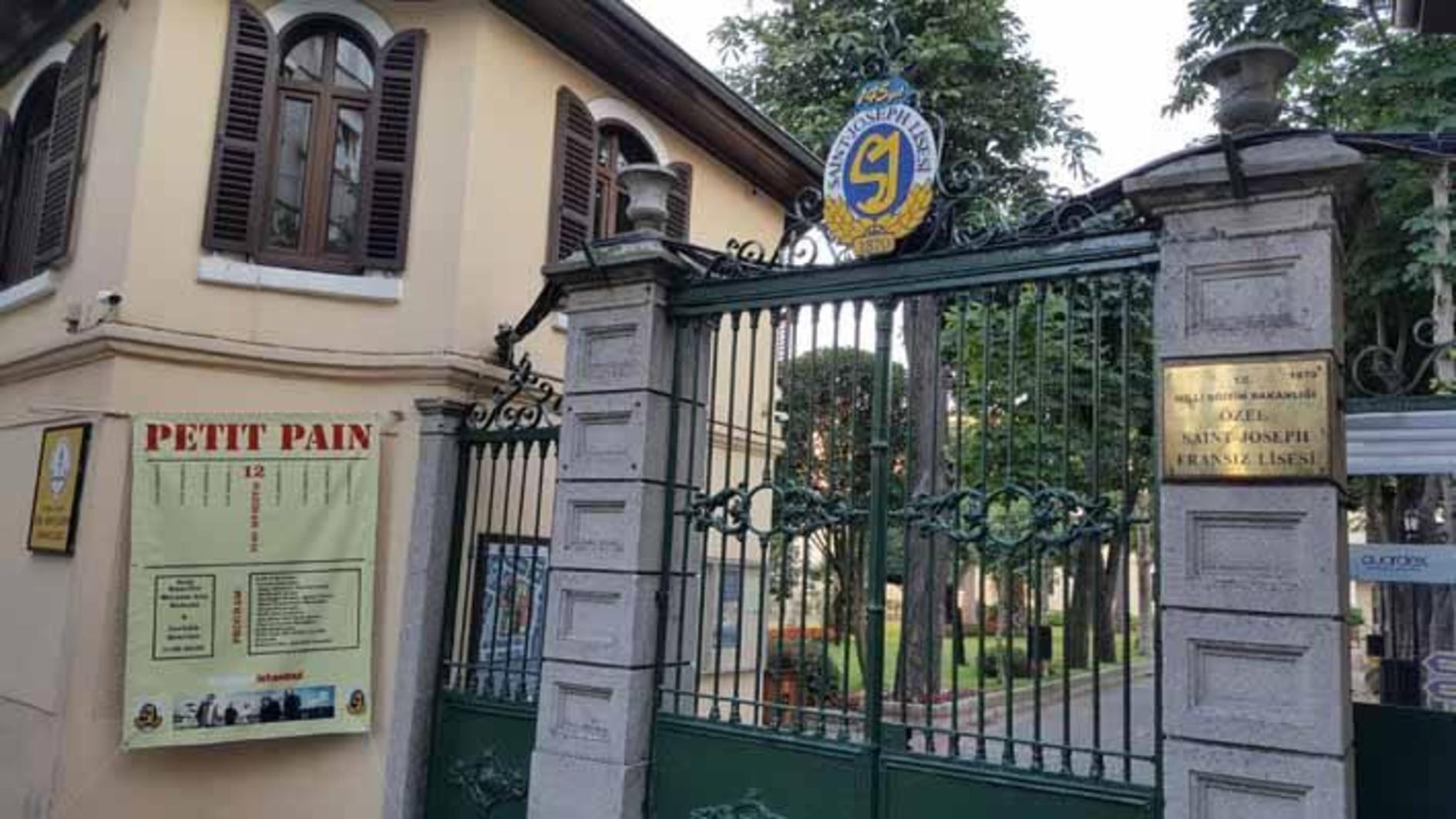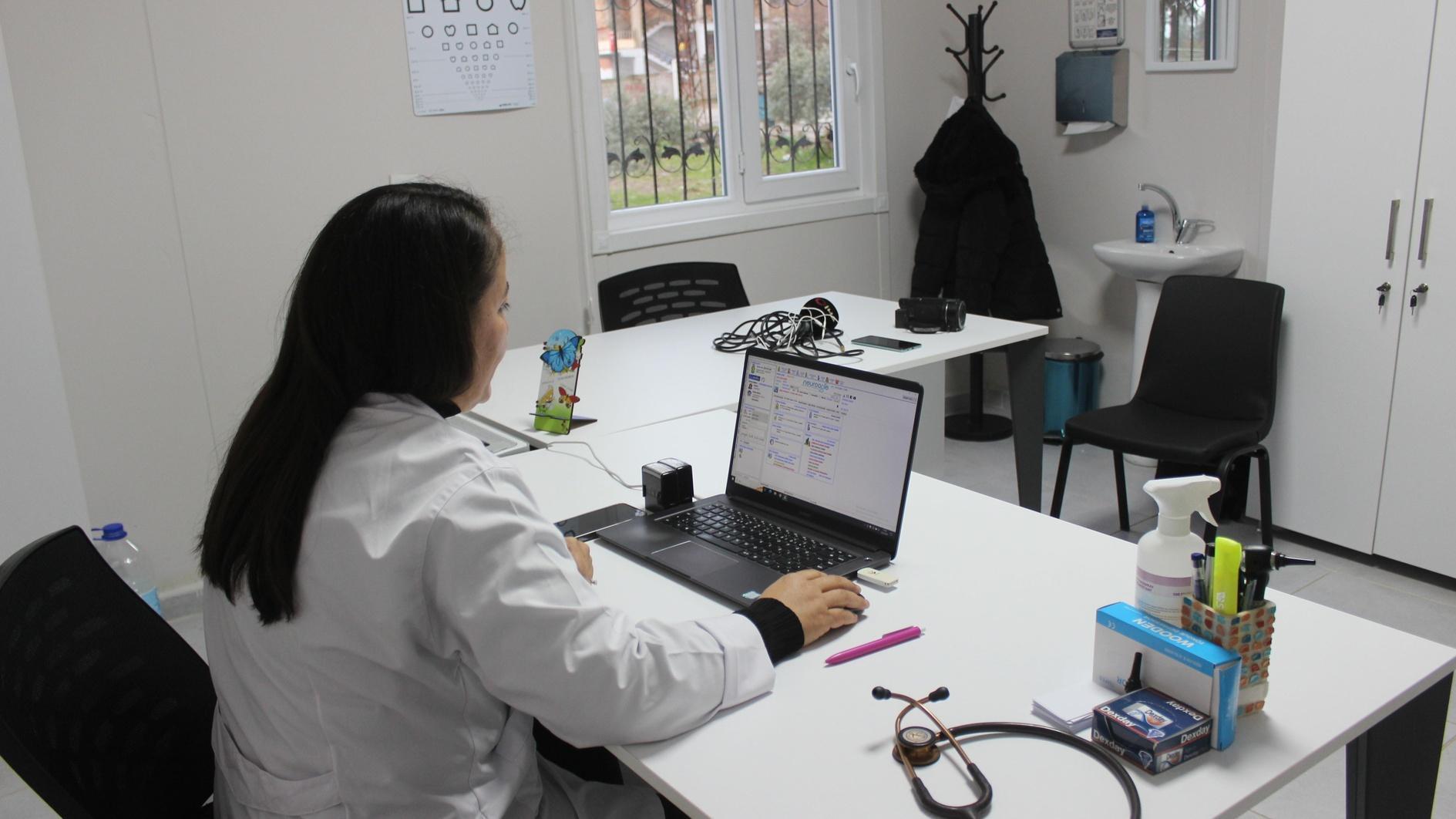Buy one, get one free
In a strategic move, Ankara decided to swallow its pride and send a message to the world that it really was “open for business.” And it did it in a very bold way. But first, here’s a little nostalgia.
It was the afternoon of the historic Nevruz in 2013. The city of Diyarbakır in southeastern Turkey had heard the letter of the outlawed Kurdistan Workers’ Party’s (PKK) leader calling for an ultimate ceasefire. Millions had poured into the streets to celebrate the peace process. It had been a long day for reporters in the field but the day was not over yet. In a hot tent right outside Ben Gurion Airport in Israel, United States President Barack Obama picked up the telephone to Ankara to express his congratulations for the peace talks. Obama not only wished then-Prime Minister Recep Tayyip Erdoğan well, he also passed the phone to Israeli Prime Minister Benjamin Netanyahu to say a few words.
Netanyahu expressed “regret” for all that happened to the Mavi Marmara flotilla. He said he was willing to start talks to create the conditions for normalization. Today, those three long years of negotiations have resulted in success.
Turkey and Israel are two unique countries in the eastern Mediterranean. Their democratic governments (however troubled they may be), their military power and their secular lifestyles are the only examples in the region. Their reconciliation became inevitable after Iran signed the nuclear deal and came back to the international system.
Turkey’s and Israel’s deal to normalize diplomatic relations in return for helping Palestinians in Gaza is a success for both countries. This vendetta had been going on for too long for no good reason. Despite all the conspiracy theorists Ankara finally has an ally in the region that can help in the anti-terror fight. When the Democratic Union Party (PYD) is slowly increasing its territory in Syria, when the PKK is claiming to change the level of its attacks, this deal should have been done long time ago.
The results of this deal are not limited to realpolitik or diplomacy. The bosses of the money machinery in Ankara have been having some sleepless nights over the Brexit situation and the simultaneous exit of foreign direct investment from Turkey. Moreover, last week, in a very hush-hush way, banks’ credit requirements were lowered. The government issued amnesty for those who bring their overseas funds back home. All these were signs that the Treasury was not having a nice summer on top of the tourism woes that kept thousands unemployed and bankrupt in the south. Former Tourism Minister Bahattin Yücel, in an interview with daily Cumhuriyet, said that tourism would be stuck in the dark until 2020 and this may even result in social unrest.
Then another move came. Late in the afternoon, Moscow announced an apology letter written by President Erdoğan, expressing “regret” to the family of the fallen pilot. Could this fill up the deserted beaches in the southern resort province of Antalya? Can these attempts finish PKK terror overnight? Most likely not. But Prime Minister Binali Yıldırım has struck his first victory in politics over his predecessor, Ahmet Davutoğlu, by making more friends than enemies.
It is too early to cheer for success at this time, as July and August will be particularly difficult months in Turkey in terms of security issues. But securing Moscow and Tel Aviv as “allies” on your side is a major step for Turkey’s territorial integrity.











